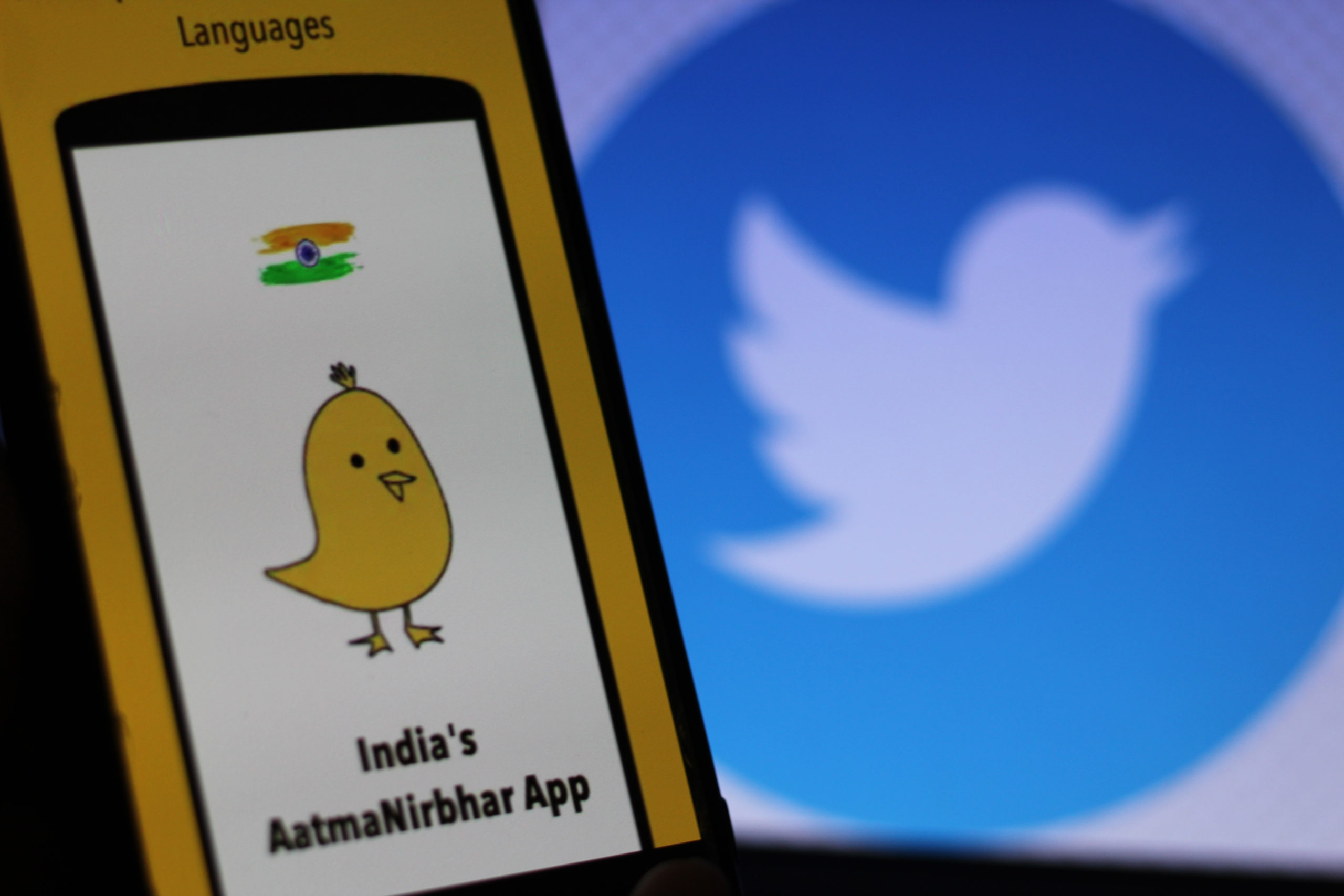Bengaluru-based microblogging platform Koo said Wednesday it has raised USD 30 million in a Series B round led by Tiger Global, with participation from existing investors including Accel Partners, Kalaari Capital, Blume Ventures, and Dream Incubator. IIFL and Mirae Assets joined this round as new investors.
A report by local media Economic Times(ET) said the company’s valuation jumped five times to USD 100 million in this funding round, which comes three months after Koo raised USD 4 million in February.
Proceeds from the round will be used to strengthen its team size, roll out new products and features, and bolster its technology to ensure the platform is impenetrable to hackers.
The one-year-old company was started by Aprameya Radhakrishna, former founder of cab-hailer TaxiForSure, and serial entrepreneur Mayank Bidawatka who previously founded companies like MediaAnt and Goodbox.
Similar to social media giant Twitter, Koo is a local language microblogging app that allows users to post their views, photos, videos, as well as follow friends and public figures. The company claimed to already have close to 6 million app downloads.
The company came into the limelight earlier this year when Twitter, its larger rival, found itself in a conflict with the Ministry of Electronics and Information Technology (Meity) for refusing to take down certain accounts that the Indian government alleged were spreading misinformation in the country. Since then, local governments have been advocating the use of Koo.
Koo’s recent funding comes at a time when the tussle between the Indian government and Twitter deepened after the latter marked select tweets by political members of India’s ruling Bharatiya Janata Party as ‘manipulated media.’
While India’s tiff with Twitter, and a few ministers, including the country’s Prime Minister Narendra Modi endorsing the platform, might have helped Koo gain a significant number of new users, it is still far behind Twitter. Per app intelligence service App Annie, Koo had 4.7 million monthly active users in April compared to Twitter’s 68 million.
